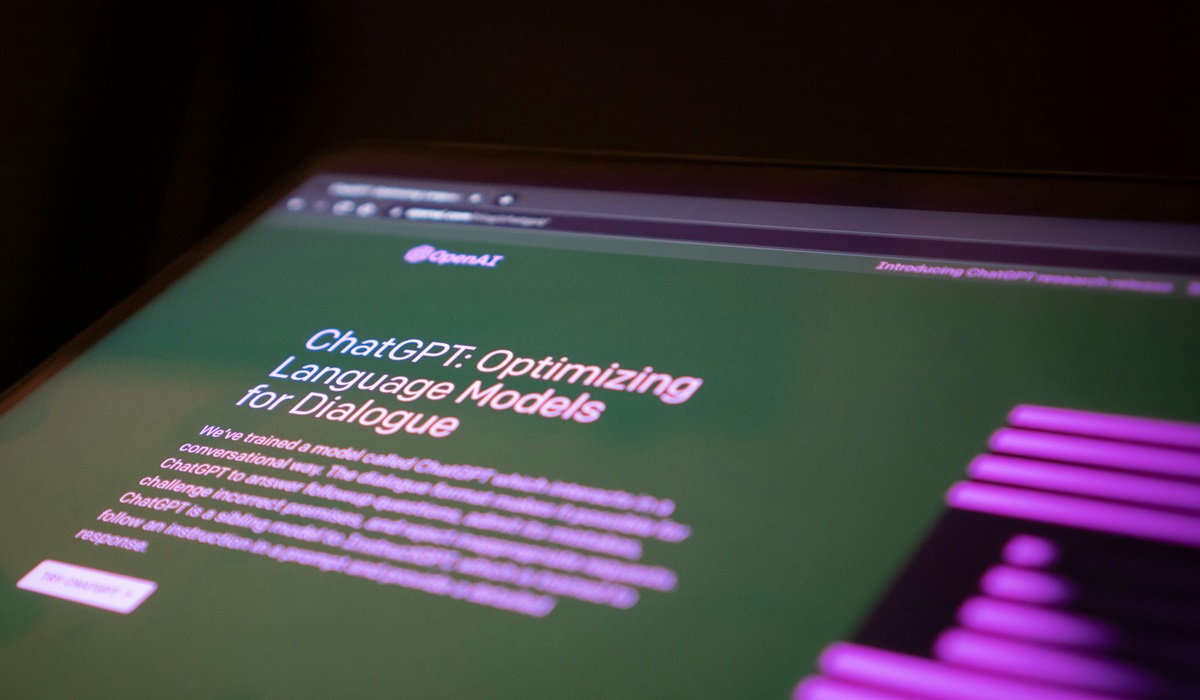ChatGPT Outage Reveal Fragile Dependency As Millions Face Disruptions
- Ingrid Jones
- Breaking News
- Technology
- September 3, 2025

Image Credit: Levart_Photographer
SAN FRANCISCO (AP) — A series of outages at ChatGPT this week has laid bare the profound reliance millions now have on artificial intelligence, with disruptions stoking frustration and highlighting the potential economic cost of these increasingly common service interruptions.
The AI platform, operated by OpenAI, experienced significant downtime on Tuesday, with many users unable to access the service for several hours. The company’s status page acknowledged the incident, stating it was “experiencing errors impacting all services.” While full service was restored for many, OpenAI has since noted in updates that it is “continuing to monitor elevated error rates” and “intermittent performance issues,” confirming that stability problems have persisted.
The silence of the digital tool was anything but quiet for its users. With industry analysts estimating well over 100 million people use ChatGPT daily, the disruption sent ripples across countless sectors. The outage left software developers without a coding partner, students without a research assistant, and businesses without a core component of their daily workflow.
The economic impact of such widespread outages, while difficult to calculate with precision, is believed to be significant. Technology economists suggest that global productivity losses from a multi-hour disruption at a service of this scale could quickly reach into the billions of dollars.
“When a primary tool for information retrieval and content creation becomes unavailable, the immediate impact is a massive insertion of friction,” said a managing partner at a venture capital firm focused on AI, who spoke on the condition of anonymity to discuss the issue candidly. “Every minute of downtime for a workforce this large represents delayed projects, stalled creative output, and mounting costs.”
The repeated interruptions have sparked a sharper conversation about the risks of building critical business and personal processes on a single, centralized AI platform. Executives at firms that have integrated OpenAI’s application programming interface, or API, into their products reported cascading effects, with their own services suffering as a result of the upstream outage.
In a statement addressing the initial incident, OpenAI said, “We identified an issue that resulted in high error rates across the API and ChatGPT. We treated this as a high-priority incident and resolved the issue.” The company has not yet provided a detailed root-cause analysis for the initial outage or the subsequent performance issues.
On social media platforms, the sentiment shifted from initial annoyance to growing concern as the service problems continued. The recurring nature of the disruptions has led some developers and companies to publicly discuss the need for a more diversified AI strategy, potentially incorporating multiple models from different providers to mitigate risk.
The situation serves as a stark reminder that the seemingly seamless magic of artificial intelligence is dependent on physical infrastructure, complex code, and engineering teams that can be overwhelmed by unforeseen bugs. For the millions who now rely on it, the recent instability is more than an inconvenience; it’s a stress test on a digital dependency they may have taken for granted.








